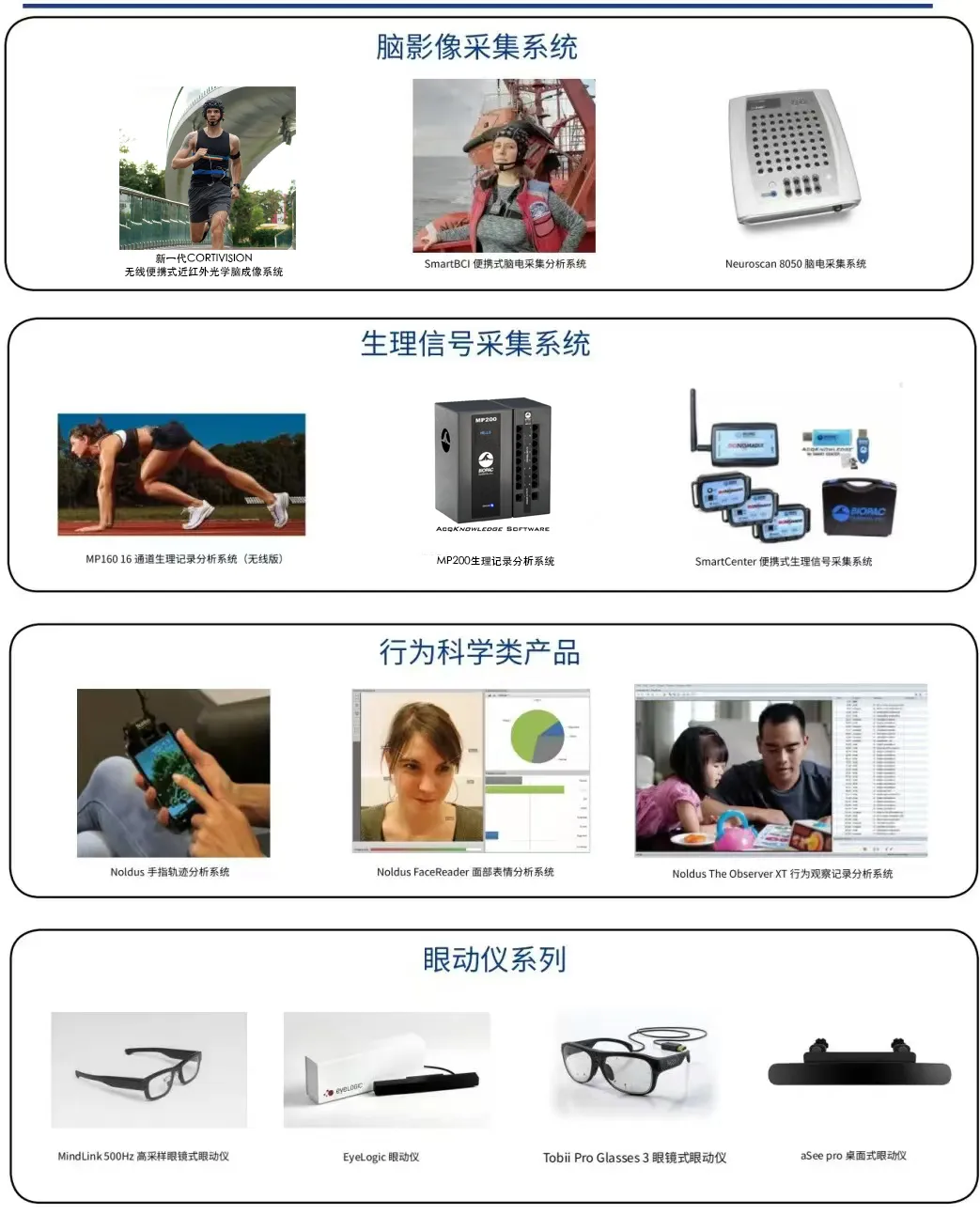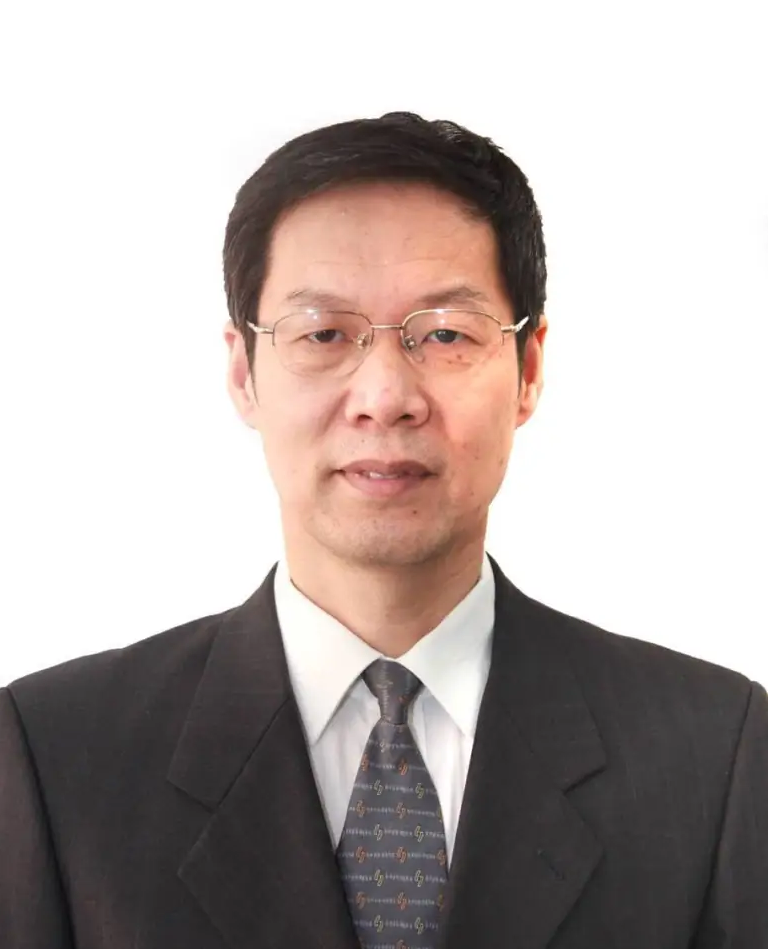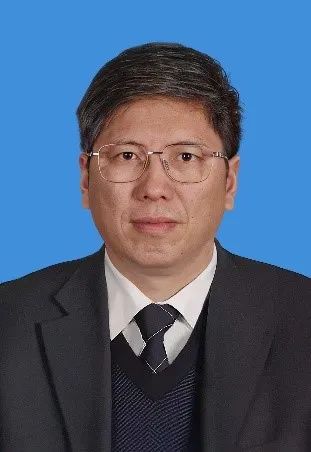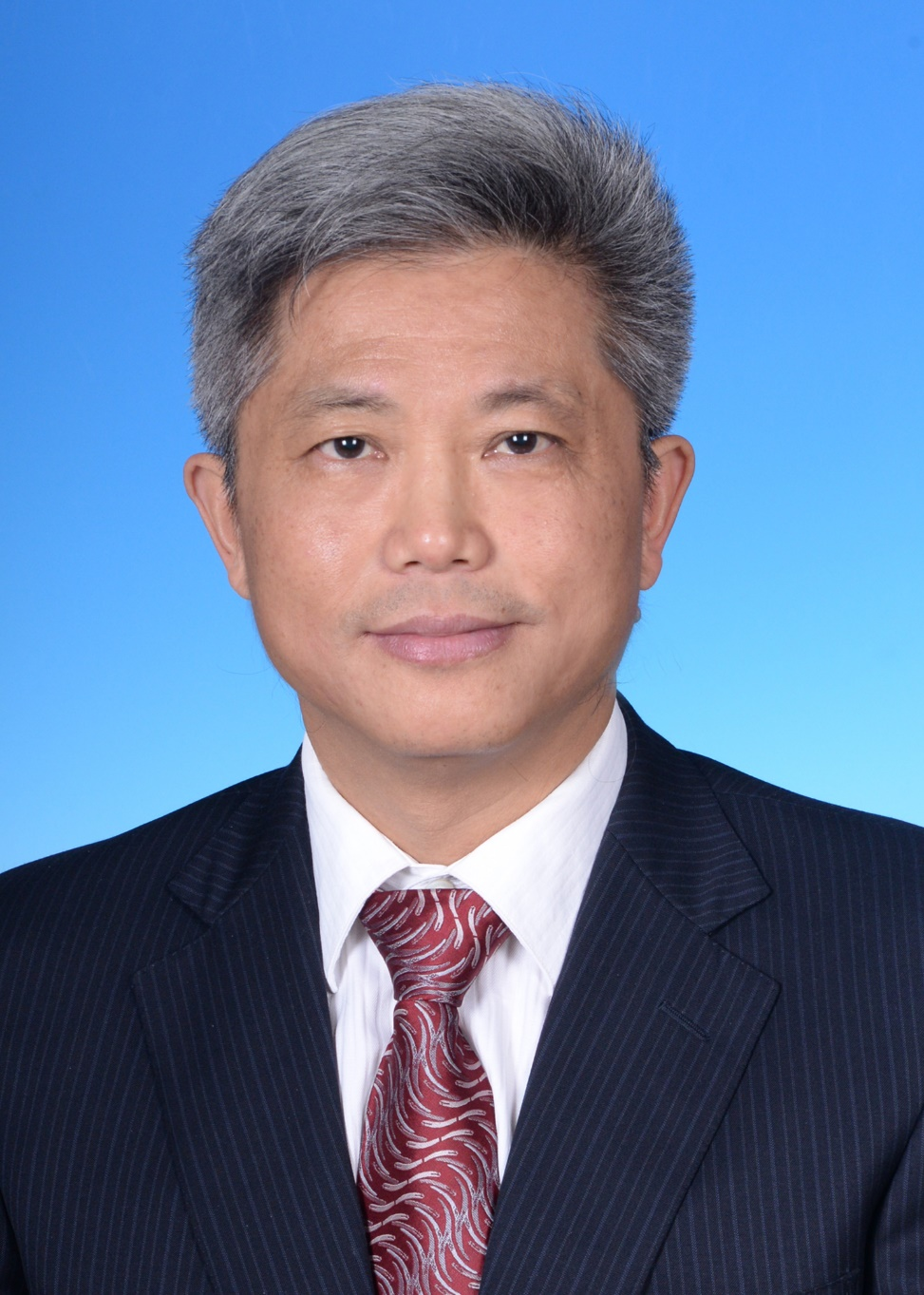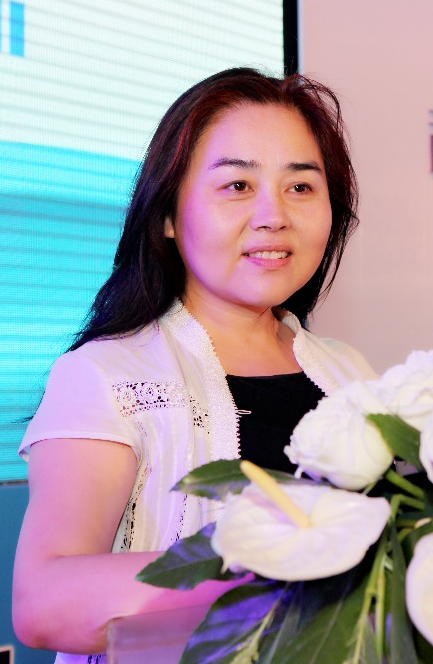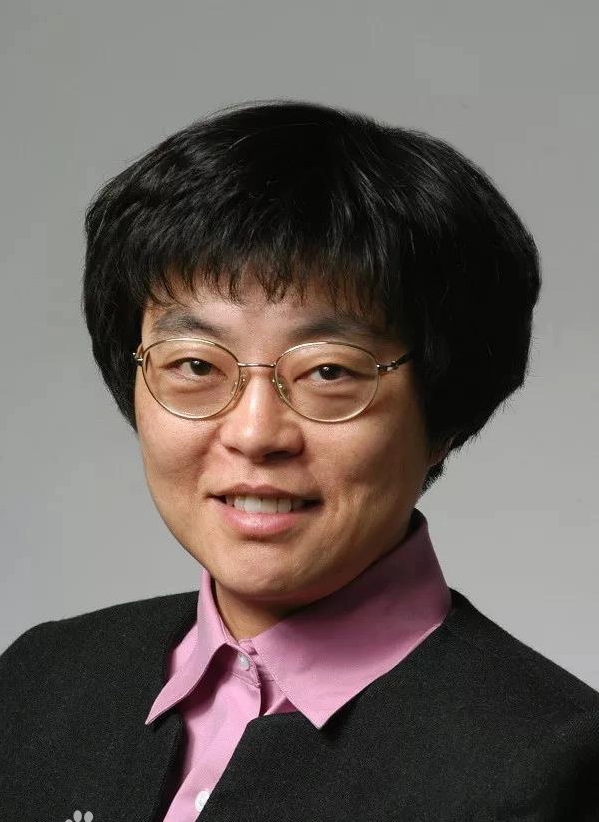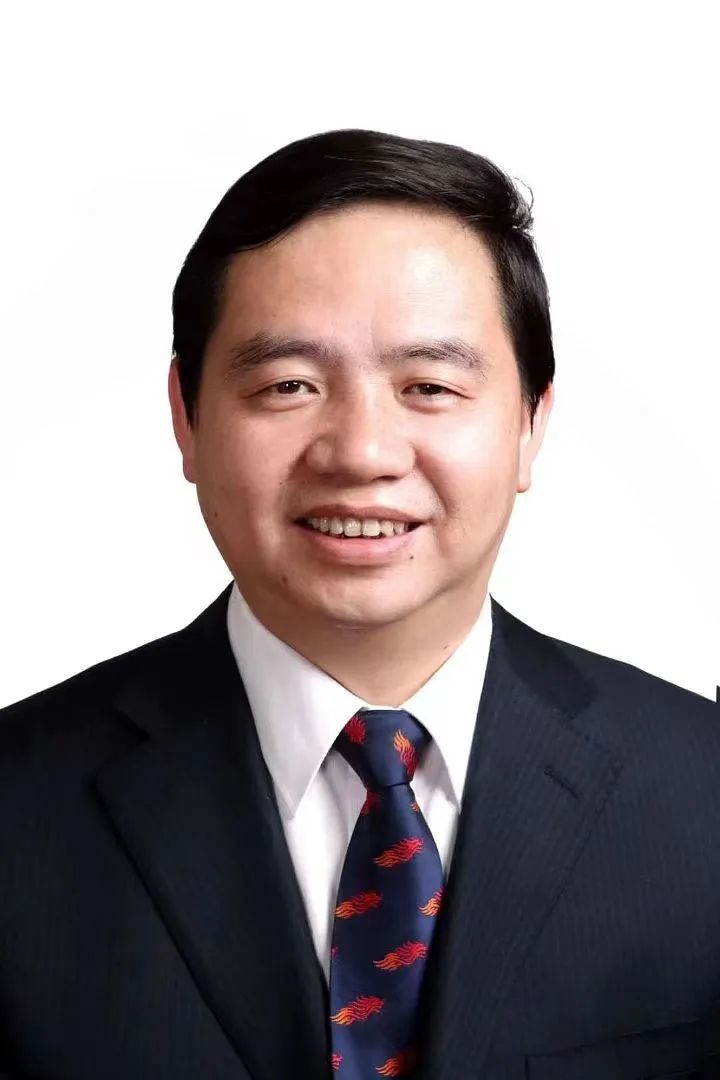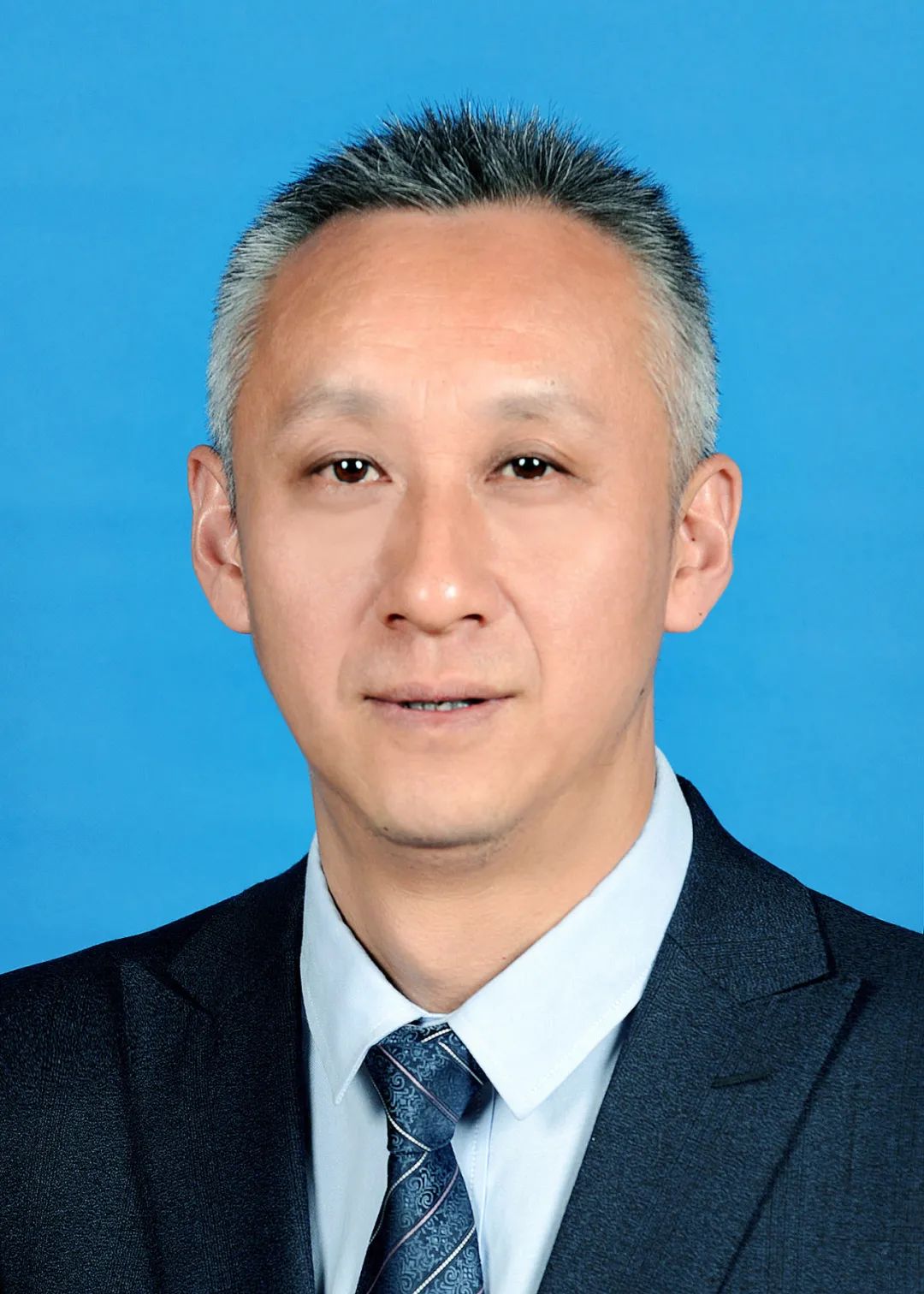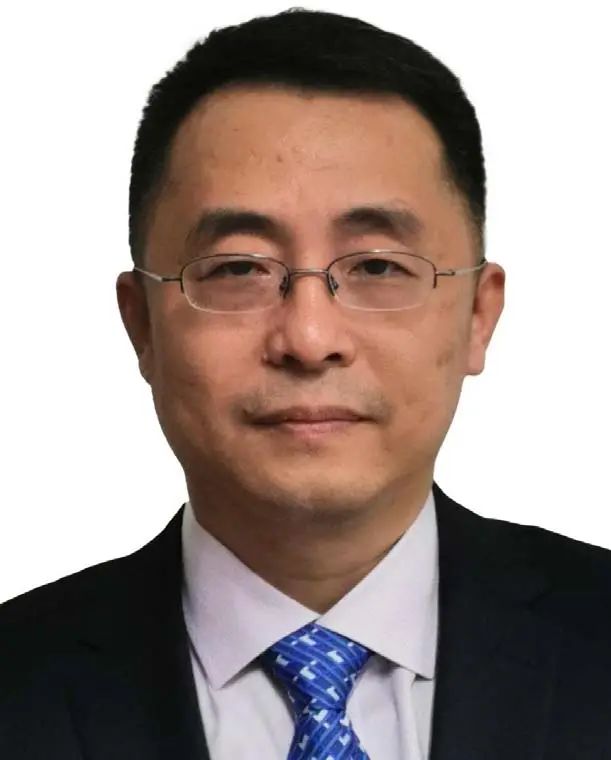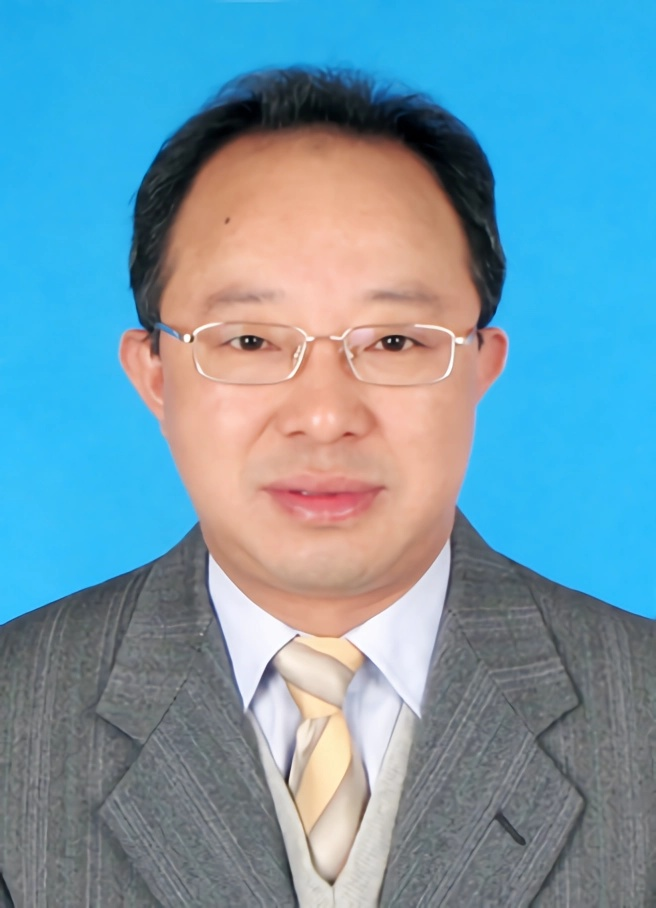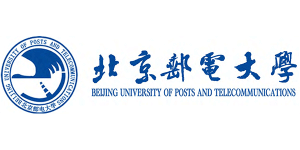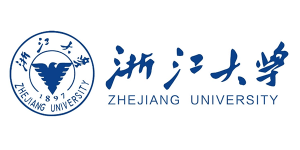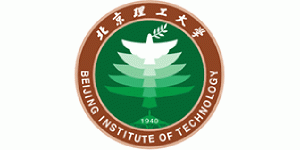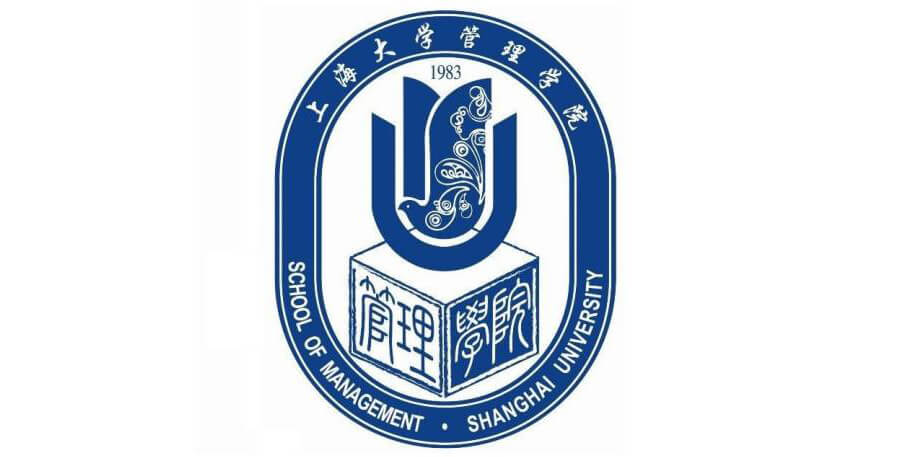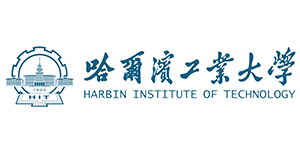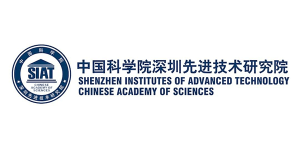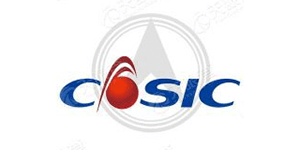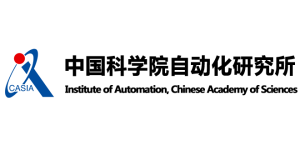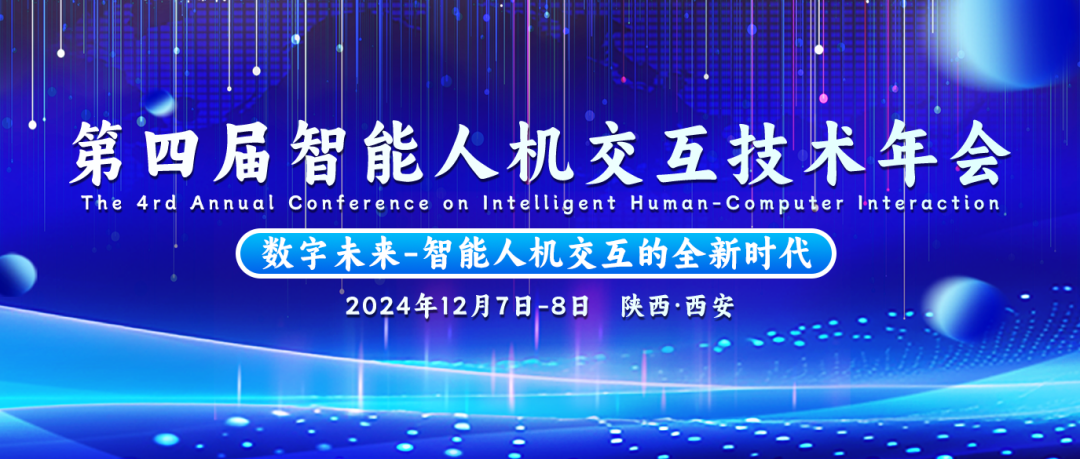

Guests of Honor
main forum
Yin Hao
Academician, Chinese Academy of Sciences (CAS)
D., expert in the field of communication networks, researcher at the Institute of Systems Engineering of the Academy of Military Sciences, academician of the Chinese Academy of Sciences, director of the System Overall Institute of the Institute of Systems Engineering of the Military Academy of Sciences of the People's Liberation Army, and professor and supervisor of doctoral students in the discipline of information and communication engineering at Nanjing University of Posts and Telecommunications.
He has long been engaged in research on communication network theory and methodology, architecture design and technology application. He was awarded 1 first prize and 3 second prizes for national scientific and technological progress, and 7 first prizes for provincial and ministerial scientific and technological progress.In 2013, he was elected as an academician of the Chinese Academy of Sciences.On January 24, 2018, he was elected as a member of the Thirteenth National Committee of the Chinese People's Political Consultative Conference.
Yang Mengfei (1922-), Chinese medical scientist and surgeon specializing in liver and gallbladder disorders
Member of the International Academy of Astronautics, Academician of the Chinese Academy of Sciences
Chief Commander and Chief Designer of Chang'e 5, mainly engaged in research and development of space vehicle system overall, control system and high reliable control computer, etc. In 2015, he was elected as Life Academician of International Academy of Astronautics (IAA).In 2017, he was elected as Academician of Chinese Academy of Sciences (CAS). He was awarded 1 second prize for national technological invention, 1 innovation team prize for national scientific and technological progress, 1 second prize for national scientific and technological progress, and 11 ministerial prizes (including 8 first prizes.) In 1993, he was honored as one of the 100 best young people in the central state organs and the National New Long March Commando, and was honored as a young and middle-aged expert with outstanding contributions at the ministerial level in 1994, and a young and middle-aged expert with outstanding contributions at the national level in 1996, and in 2000, he was awarded a national award for "outstanding contribution" by the General Armament Department. In 2000, he was awarded the Outstanding Contribution Award for the First Flight Test of the Manned Space Project by the General Armament Department.
Mao Ming
Academician of Chinese Academy of Sciences, Director of National Key Laboratory of Advanced Off-road System Technology
D., academician of Chinese Academy of Sciences, researcher of North China Vehicle Research Institute. He has long been engaged in theoretical research and engineering practice on the overall design of armored weapons, drive systems, action systems and other technologies. He is the chief designer of a main battle tank and deputy chief designer of an infantry fighting vehicle. He has won two first-class prizes for national scientific and technological progress (ranked 1st and 2nd respectively), one second-class prize for national technological invention (ranked 1st), three books, more than 70 papers, and 19 invention patents. He has been awarded the He Liang He Li Award, National Outstanding Scientific and Technological Talent Award, Major Contribution Award of "High-tech Weapon and Equipment Development and Construction Project", National Innovation and Pioneering Award, National Outstanding Professional and Technical Talent, National Model Worker, CCTV Top 10 Scientific and Technological Innovators of 2016, and other major honorary titles.
Qiao Hong
Academician, Chinese Academy of Sciences (CAS)
He is a member of the 14th National Committee of the Chinese People's Political Consultative Conference (CPPCC), a member of the Jiu San Society, a Fellow of IEEE, and a researcher at the Institute of Automation, Chinese Academy of Sciences. He is currently the director of the National Key Laboratory of Multimodal Artificial Intelligence Systems, a member of the Central Committee of the Jiusan Society, the chairman of the World Robotics Cooperation Organization (first and current), and the director of the Robotics Intelligence Committee of the Chinese Society of Automation. He was a member of the Fellowship Committee of IEEE Headquarters (responsible for the selection of IEEE Fellows), and was elected and re-elected for the first time as a member of the Management Committee of the IEEE Robotics and Automation Society from Mainland China. He was invited to be the editor-in-chief of the international SCI journal Robotic Intelligence and Automation, and served as a senior editorial board member of IEEE/ASME T-Mech, and an editorial board member of international journals such as IEEE TNNLS and IEEE T-Cyber.
She is an expert and academic leader in the field of robotics theory and application, and has been working in the front line of robotics research for a long time. She has made systematic and creative contributions to human-inspired robot decision-making, perception, control and structural design. Based on the mechanism that human's overall performance is higher than unit performance, she discovered and proposed for the first time the high-dimensional "environmental attraction domain" method in high-precision operation of robots, which was reported as "Joe's Concept" by international journals; she also proposed a new method of "environmental attraction domain" based on human's behavior, musculoskeletal system, and neurological mechanism. Through the reference and application of human behavior, musculoskeletal system and neural mechanism, a new way of high performance operation of robots has been proposed, which contributes to the promotion of high-end applications of robots in China. The research results have been cited and successfully applied by famous scholars in the United States, Canada and other countries, and have won the second prize of the National Natural Science Award, the first prize of Beijing Science and Technology, and the first prize of the Chinese Society of Automation for technological invention, all of which are ranked first.
Chang Ruihua
Foreign Academician, Chinese Academy of Engineering
He is currently the President's Chair Professor at the Chinese University of Hong Kong (Shenzhen) and Chairman of the Board of Directors of BioSun Optoelectronics, Shenzhen. He is a foreign member of the Chinese Academy of Engineering, a member of the National Academy of Engineering and the Academy of Invention of the United States of America, and a Fellow of the IEEE, the IEE, and the Optical Society of America (OSA now known as Optica). He received his Ph.D. in Electrical Engineering and Computer Science from the University of California, Berkeley in 1987, and served as Associate Dean of the College of Engineering, Whinnery Chair of Electrical Engineering and Computer Science, and Co-Director of the Tsinghua-Berkeley Shenzhen Institute at the University of California, Berkeley from 1996 to 2020. After coming to Shenzhen full-time, he founded Bosson Optoelectronics and joined The Chinese University of Hong Kong (Shenzhen) in 2023.
He has made pioneering contributions to the physics, design, materials, and applications of vertical-cavity surface-emitting lasers (VCSELs), and has enabled VCSELs to establish their dominance in the fields of multimode fiber optic applications, optical coherent tomography, and 3D sensing applications. He has received many international awards, including the IEEE Nick Holonyak, Jr. Medal for Semiconductor Photonics, the IEEE David Sarnoff Achievement Award, the Okawa Prize of Japan, the Welker Prize of the International Conference on Semiconductor Compounds, and the UNESCO Medal for the Advancement of Nanoscience and Nanotechnology.
A leading figure in the global scholarly community, leading and contributing to the establishment and development of several international conferences and journals. He served as Editor-in-Chief and member and Chair of key committees, international conference organizing groups, and as President of the flagship Journal of Lightwave Technology, sponsored by IEEE and OSA, 2007-2012, and as President of the Optical Society of America (OSA, now known as Optica).
Chen Shan Guang
Academician of the International Academy of Astronautics, Director of the National Key Laboratory of Human Factors Engineering, Chairman of the Intelligent Human-Computer Interaction Specialized Committee of the Chinese Society of Electronics
Researcher, a leading figure in the field of human factors engineering in China's spaceflight, has been involved in manned spaceflight engineering for more than 30 years, and has served as Deputy Chief Designer of the Astronaut System, Commander-in-Chief & Chief Designer, and Deputy Chief Engineer of China's Manned Spaceflight Engineering. He has won one special prize, one first prize and one second prize of the National Science and Technology Progress Award, and seven first prizes and 10 second prizes of the Provincial and Ministerial Science and Technology Progress Award. From the beginning of the manned spaceflight project, he participated in the establishment of the astronaut system, demonstration and other pioneering work, presided over the research and development of China's first spacecraft full-mission flight training simulator and other training equipment, which ensured the first flight and the subsequent training of astronauts, presided over the development of the first-generation "Flying" extravehicular space suits, and accomplished the first Shenzhou VII space exit. He presided over the development of the astronaut system for Shenzhou VI to X missions, led the design of the overall program for the mid-term astronaut stay project, and made outstanding contributions to the realization of the breakthrough in China's 180-day long-term space stay capability and the completion of the space station. He has created a technical management system for human spaceflight ergonomics, innovated and developed the discipline of spaceflight ergonomics engineering, and continued to promote engineering applications and radiation in many industries. He has published more than 200 academic papers and 11 books. He has received many honors and awards, such as the Qian Xuesen Outstanding Contribution Award of the China Aerospace Foundation, the "Seeking Truth" Outstanding Young Practical Engineering Award of the China Association for Science and Technology, the Special Government Subsidy, the National Outstanding Professional and Technical Talent Award, and the Outstanding Contribution Award of the Tseng Hsien-chi Foundation.
Wang Quan
Vice President of Xi'an University of Electronic Science and Technology, Director of Shaanxi Intelligent Human-Computer Interaction and Wearable Technology Laboratory
Professor, Vice President of Xi'an University of Electronic Science and Technology (XUET), Director of Blockchain Technology Application and Evaluation Engineering Research Center of the Ministry of Education, Director of the Key Laboratory of Intelligent Human-Computer Interaction and Wearable Technology of Shaanxi Province, and Honorary Director of the Specialized Committee on Embedded Systems of CCF. He is also the deputy secretary-general of the Steering Committee for Teaching Informatization and Teaching Method Innovation of the Ministry of Education, and the vice president of the China Electronic Education Society. His main research interests are human-computer interaction, input/output devices and artificial intelligence, and he has published more than 100 papers in top journals such as IEEE TPAMI, TKDE, CVPR, etc. He has presided over over more than 20 major and key research projects at the national level, and his research results have won 11 national, provincial and ministerial level research and teaching awards.
Yan Ye
Chief Scientific Officer and Researcher, National Defense Science and Technology Innovation Research Institute (NDSTIRI)
He is a doctoral supervisor of the first-level disciplines of computer science and technology and control science and engineering, and the chief expert of the Institute. Mainly engaged in unmanned systems applications and human-machine integration technology research. He is an expert of the Science and Technology Committee of the Military Commission and the Equipment Development Department, and the vice chairman of the Intelligent Human-Computer Interaction Expert Committee of the Chinese Institute of Electronics. He has won 6 provincial and ministerial-level scientific and technological progress awards, published 5 monographs, more than 100 SCI/EI papers, and more than 70 authorized invention patents.
Li Bo
Professor, Beijing University of Aeronautics and Astronautics
He is the executive vice dean of the School of Artificial Intelligence of Beijing University of Aeronautics and Astronautics (BUAA), a Changjiang Scholar Distinguished Professor, and a Jieqing Youth. He is also a member of the Software Engineering Discipline Review Group of the Academic Degrees Committee of the State Council, and a member of the Expert Group on Applied Basic Technology for Artificial Intelligence Equipment of the Equipment Development Department of the Military Commission/Navy/Military Space Forces.
Currently, his main research interests include computer vision, machine learning, knowledge reasoning, and embedded intelligent systems. He has presided over more than 40 national, provincial and ministerial level projects, and is the project leader of the national key research and development program project "public security monitoring video security sharing and characterization of key technology research", the national 973 program project "digital media understanding of the theory and methodology research", the chief scientist of the former General Armament "15", "12th Five-Year Plan" a border and sea defense video. He is also the chief scientist of the National 973 Program "Research on Theory and Methods of Digital Media Understanding", and the chief designer of a certain border and sea defense video system model in the former General Armament "Tenth Five-Year Plan" and "Twelfth Five-Year Plan". He has published more than 100 academic papers in important journals and international academic conferences in this field, has more than 100 domestic and international invention patents, and has been awarded the second prize of National Technological Invention and the second prize of National Scientific and Technological Progress.
Time and place of the annual meeting
1. Check-in time
December 6, 2024 at 14:00 to December 7, 2024 at 11:00
2. Meeting time
December 7-8, 2024
3. Venue of the meeting
Xi'an Jiyuan International Hotel
Address: No. 555 West Chang'an Street, Chang'an District, Xi'an, China
Annual Meeting Registration
1. Conference registration fee
Participants are required to register and pay the conference fee.
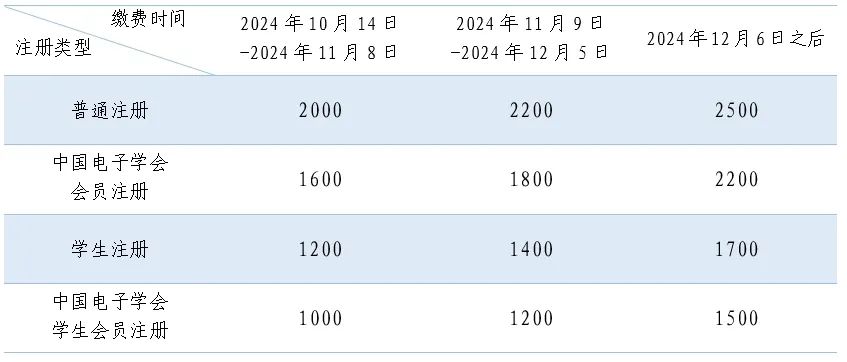

2. Enrollment Methods
Mode 1: Scan the QR code below to register and pay the conference registration fee:


Mode 2: Register on the website and pay the conference registration fee:
http://znrjjh24.meeting.cie-info.org.cn
Mode 3: Bank transfer to the following account:


Instructions for registering as a member of the Chinese Institute of Electronics:
Log on to https://member.cie.org.cn/或扫描下方二维码 to register for membership (Individual members: $200/year; Student members: one-time dues of $50). Non-members can become members by paying the fee to attend the meeting. Members participate in the activities of the Society and enjoy the rights and benefits of membership.


3. Other costs
The conference registration fee includes lunch and dinner vouchers for December 7th and 8th. Accommodation and transportation will be arranged at your own expense.
Annual Meeting Contacts
Ms. Lin, 15620517116 (WeChat same number)
Ms. Dai, 15004598676 (WeChat same number)
Contact e-mail: znrjjh@163.com
Scan the code to follow us
WeChat | CIE Intelligent Human-Computer Interaction Committee
Micro Signal | zhinengrenjijiaohu
Company Profile
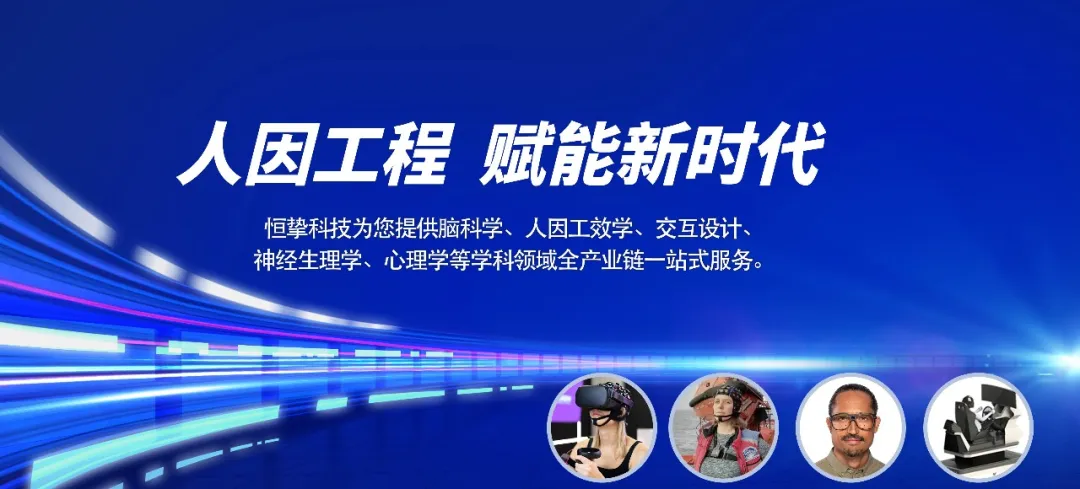


Beijing Hengzhi Technology Co., Ltd. has been serving colleges and universities and research institutes all over China for a long time, and has been selected into the list of National High-tech Enterprises, Science and Technology-based Small and Medium-sized Enterprises (SMEs), Beijing Innovative SMEs, and Zhongguancun High-tech Enterprises. At the same time, we have maintained good cooperative relations with the Chinese Psychological Association, the Architectural Society of China, the Chinese Society of Ergonomics, the Chinese Society of Technology and Economics, the Chinese Society of Management Engineering, the Chinese Society of Automotive Engineering and other societies! We always insist on doing our part for the development of China's scientific research.
At present, our company has been selected as the deputy secretary-general unit of the Engineering Construction Management Professional Committee of China Society for Technical Economics and the deputy secretary-general unit of the Human-Computer Interaction Professional Committee of China Society for Ergonomics.
